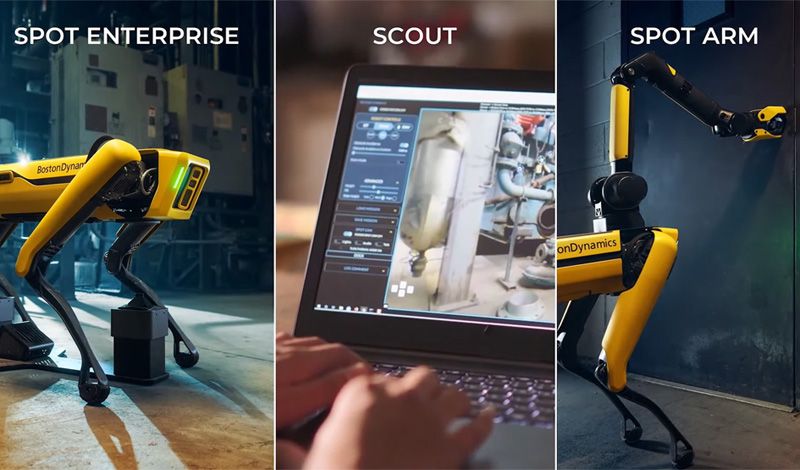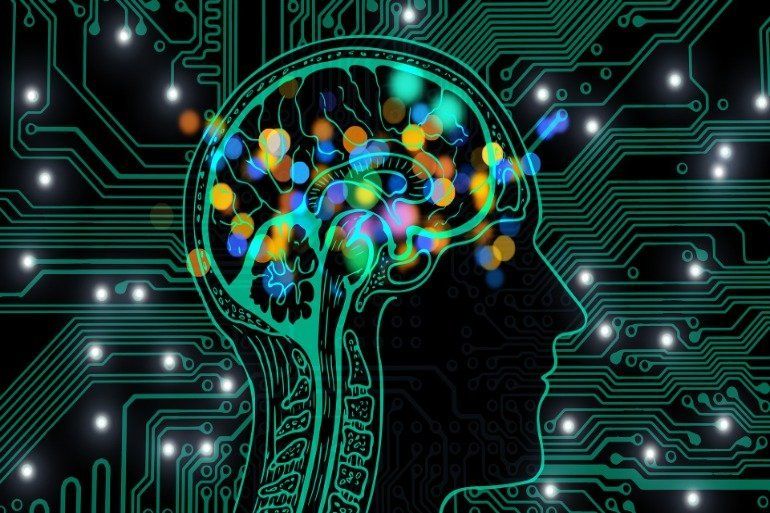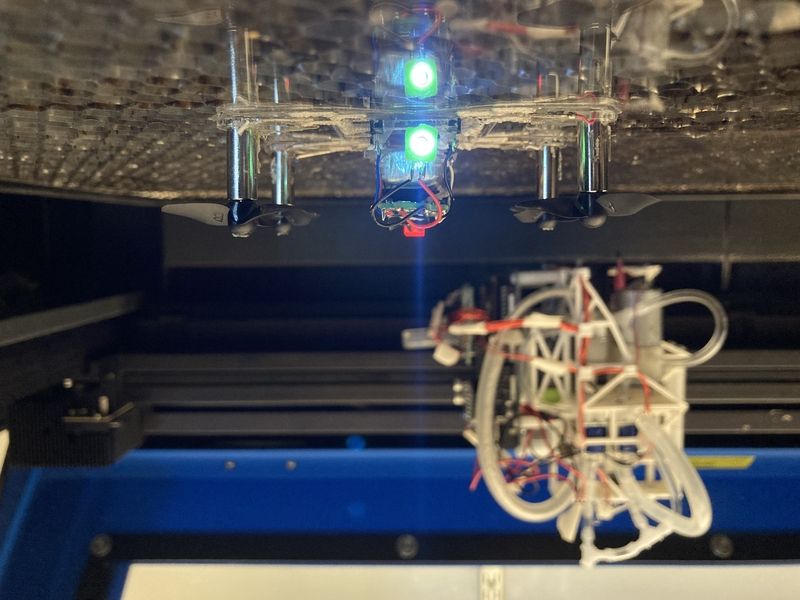Boston Dynamics, famous for its highly mobile robots, has announced an expanded product line for the agile ‘Spot’.


Dr. Ann Aerts MD, Head of the Novartis Foundation and Member of the US National Academies of Medicine Commission on Healthy Longevity.
Dr. Ann Aerts, M.D. is Head of the Novartis Foundation, an organization committed to transforming the health of low-income populations, by leveraging the power of data, digital technology and artificial intelligence (AI) to re-imagine health and care around the world.
Dr. Aerts holds a Degree in Medicine, a Masters in Public Health from the University of Leuven, Belgium, and a Degree in Tropical Medicine from the Institute of Tropical Medicine in Antwerp, Belgium.
Dr. Aerts is passionate about improving population health through data, digital health and AI, chairs the Broadband Commission for Sustainable Development Working Group on Digital and AI in Health and is a member of the International Advisory Board of the Commonwealth Centre for Digital Health.
In 2018, Dr. Aerts served as a member of the US National Academies of Science Engineering and Medicine Committee on Improving the Quality of Health Care Globally and sits on the US National Academies of Medicine Commission on Healthy Longevity. Dr. Aerts has authored numerous publications on digital health, innovative approaches and multi-sector partnerships to address global health challenges.

A trio of researchers at Ghent University has combined a convolutional neural network with computational neuroscience to create a model that simulates human cochlear mechanics. In their paper published in Nature Machine Intelligence, Deepak Baby, Arthur Van Den Broucke and Sarah Verhulst describe how they built their model and the ways they believe it can be used.





Circa 2020
AI can read your emotional response to advertising and your facial expressions in a job interview. But if it can already do all this, what happens next? In part two of a series on emotion AI, Jennifer Strong and the team at MIT Technology Review explore the implications of how it’s used and where it’s heading in the future. This episode was reported and produced by Jennifer Strong, Karen Hao, Tate Ryan-Mosley, and Emma Cillekens. We had help from Benji Rosen. We’re edited by Michael Reilly and Gideon Lichfield.


Additive manufacturing has proven an ideal solution for certain tasks, but the technology still lacks more traditional methods in a number of categories. One of the biggest is the requirement for post-printing assembly. 3D printers can create extremely complex components, but an outside party (be it human or machine) is required to put them together.
MIT’s CSAIL department this week showcased “LaserFactory,” a new project that attempts to develop robotics, drones and other machines than can be fabricated as part of a “one-stop shop.” The system is comprised of a software kit and hardware platform designed to create structures and assemble circuitry and sensors for the machine.
A more fully realized version of the project will be showcased at an event in May, but the team is pulling back the curtain a bit to show what the concept looks like in practice. Here’s a breakdown from CSAIL’s page: